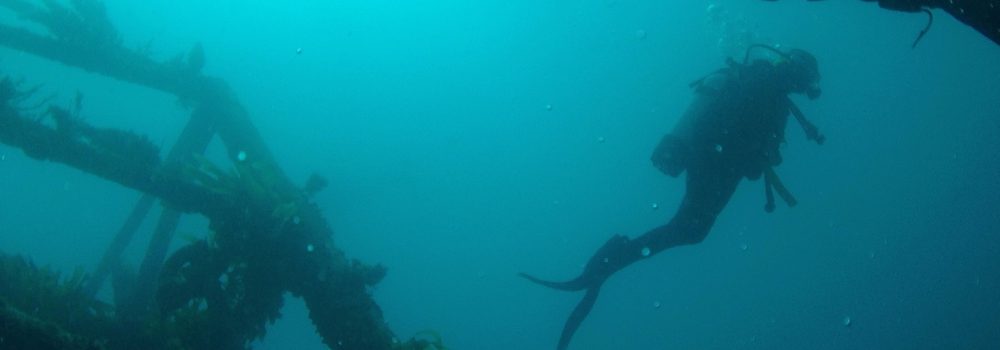
Scientists have listed some of the benefits of marine parks as:
- Conserving rare and representative plants and animals and the habitats they depend on.
- Saving small sections of our coastline in their natural state. Allowing animals to live and breed free from human impacts.
- Protect and advertise unique spots for education, recreation and tourism.
- Scientific studies. Marine reserves act as a reference or baseline areas to assess the impact of other activities like fishing or industry.
- Marine reserves can act as a “seed” source, replenishing nearby areas.
There is a serious global problem with the declining quality of natural areas, and there are ever fewer areas free of human impacts that we could realistically call wilderness.
While its hard to interact with, the oceans have the worlds’ largest remaining wilderness areas. Tasmania is blessed with areas that are some of the best remaining examples of wild temperate reef left in the world.
We think that over the last 100 years Tasmanian coastal fauna has been declining, although there are few scientific studies about it. Our lifespans are short and all we know is what we can see now, not what it was like before we were born. Granddad had plenty of stories about huge fish, lots of ocean animal varieties, crayfish that were so common they were fed to the chooks, clear waters, huge rafts of giant kelp that you couldn’t row through, vast fields of native oysters, a variety of local species under every intertidal rock. These stories are very often true.
We know they are true partly because we have isolated some areas from human impact in marine parks, and they quickly recover their former glory in only a few decades if the right areas are chosen and they are properly protected. Very quickly, heavily exploited species grow dramatically in size and often in numbers too. Many species become more productive and can reseed surrounding barren areas.
We still need to use the oceans for food, industry and recreation, so we aren’t suggesting the locking up vast areas. In Tasmania, we are talking about in Tasmania is protecting relatively small but very special areas as refuges for the marine life and marine habitats that are found in the area. Many of our unique ocean areas (bioregions) don’t have any marine parks. A network of marine reserves around the Tasmanian coastline is a simple and effective form of insurance against the habitat damaging mistakes we make.

